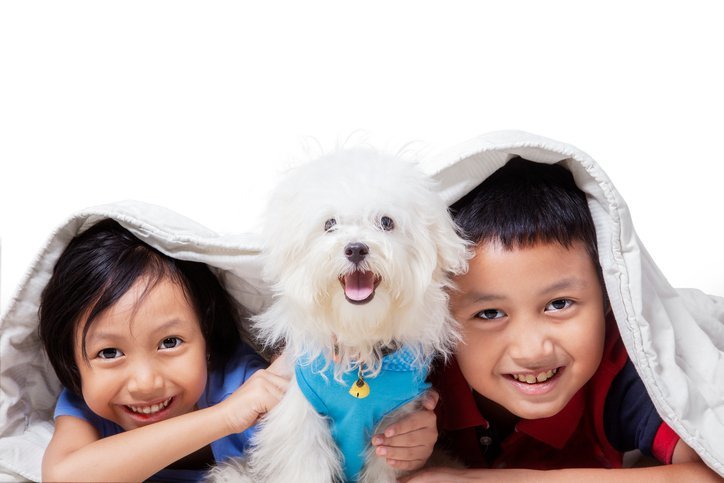Contents:
- Medical Video: LHC Inspiration: Autism Dog Therapy
- Improve children's physical abilities
- Improve children's mental health
- Increase social interaction
- Increases the child's immunity
- Improve insight
Medical Video: LHC Inspiration: Autism Dog Therapy
Autistic children usually have impaired social abilities, cannot focus, and lack empathy and sympathy for others. There are already various therapies that can be applied to help children with autism one of them is byanimal-assisted therapy, namely therapy that involves animals in their therapeutic actions. The aim of the therapy is to help people recover from mental disorders, one of them children with autism.
Having a pet turns out to be one of the best therapies for children with autism. A study conducted on children with autism shows that children who have pets are easier to socialize and interact with new people.
Improve children's physical abilities
Various studies show that most families who have dogs, routinely invite these pets to walk out of the house about 30 minutes a week. This can improve their physical abilities, because without realizing it, by inviting these pets to walk leisurely or play, this encourages them to move actively. In addition, small games performed by children with pets can improve physical abilities, such as increasing motor skills, training the balance of children.
By doing this regularly, it can also reduce the level of depression in children. Only by caressing pets, can make the child's body relax and increase hormones which are responsible for reducing stress. Activities with pets can also improve children's bone health.
Improve children's mental health
Research conducted in 2007, applied therapy Animal-assited Therapy which shows that there is an increase in verbal interaction, focus, confidence, and eliminate feelings of loneliness, anxiety, and stress in children with autism. The existence of routine activities with pets makes children learn to manage emotions, such as just watching Pet fish from outside the aquarium, enough to make children relieve stress and win themselves. Indirectly, the child is responsible for caring for, giving food, and paying attention to the pet. This of course can increase the sense of responsibility. Caring for pets is one way to foster compassion, care, and attention to others.
Increase social interaction
Pets make children brave to start new relationships, increasing their desire to join groups. In addition, it is also known from the study that children who have pets are better at introducing themselves to others, providing better information, and giving more responses when invited to interact. Relationships that occur between children and pets can foster empathy and sympathy for children.
Increases the child's immunity
Children who grow up in families that have pets are proven to have a better immune system compared to families that do not have pets. This was stated in several studies that said that pets can help their employers avoid allergies. Other research also mentions that children who live and grow with cats or dogs around them, are less likely to experience heat and asthma. This also happens in a study conducted at the University of Wisconsin, children who often interact with cats, have strong immune levels and avoid chronic respiratory problems.
Improve insight
Interacting with pets can also help children to improve and broaden their horizons, such as about size, color. Research has been conducted on school-age children and shows that children often read books in front of their pets and this can help children improve their reading skills. In addition, it can develop non-verbal communication skills, Intelligent Quotientand emotional intelligence.
READ ALSO:
- Guidelines for Raising Children with Autism
- Why Is There An Assumption of Immunization Causing Autism?
- Why Are Children Fever After Immunization?












